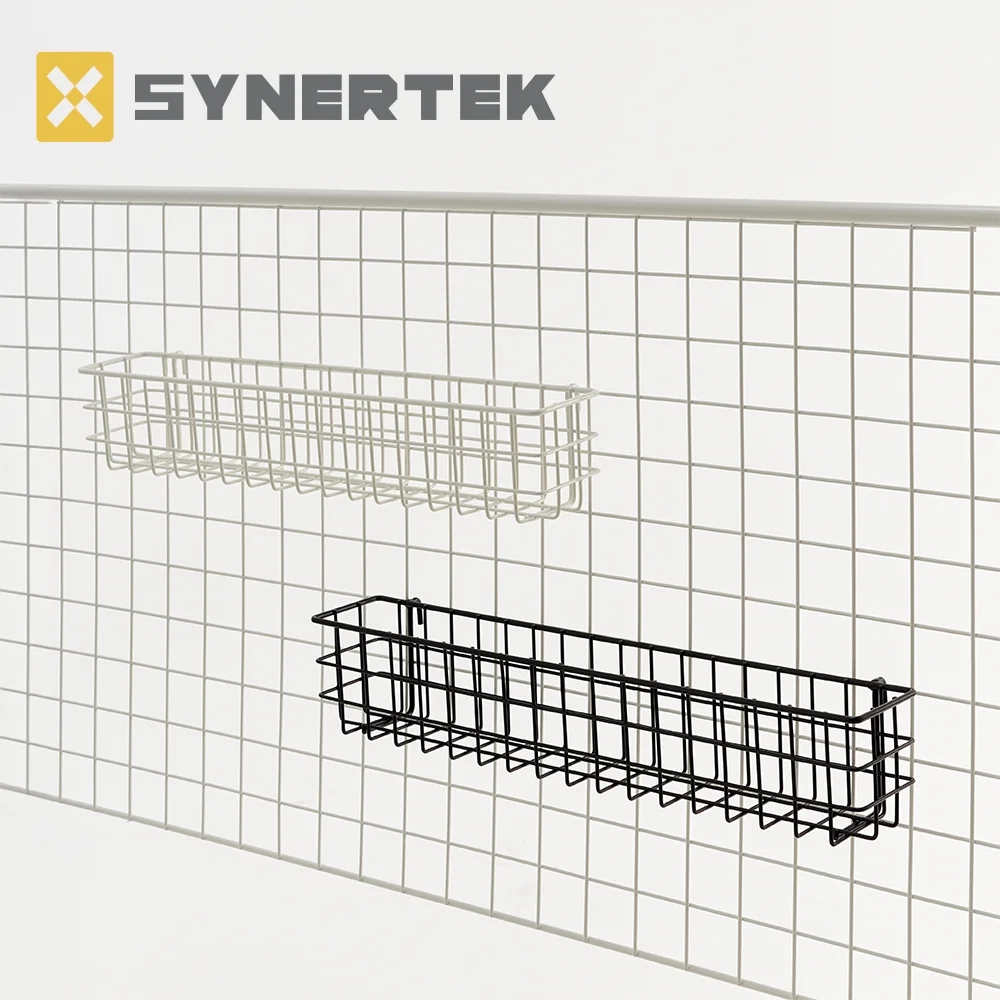Building a house is an intricate process that involves careful selection of materials to ensure durability, functionality, and aesthetic appeal. In this article, we will delve into the world of construction materials, exploring the diverse options available for making your dream home a reality.
- Concrete:
Concrete is a fundamental material used in construction due to its strength and versatility. Composed of cement, aggregates, and water, it provides a solid foundation for various structural elements such as foundations, walls, and floors. Reinforced concrete, incorporating steel bars, enhances its load-bearing capacity and resilience. - Wood:
Wood has been a popular choice for centuries, offering warmth, natural beauty, and excellent insulation properties. Different types of wood, such as oak, pine, and cedar, are used for various purposes, including framing, flooring, and cabinetry. Engineered wood products, like plywood and laminates, provide cost-effective alternatives while maintaining structural integrity. - Steel:
Steel is renowned for its strength, durability, and versatility. It is commonly used in the construction of beams, columns, and frames, providing structural support and stability. Steel's high tensile strength allows for the creation of open floor plans and large, unobstructed spaces. Additionally, it is resistant to fire, pests, and rot. - Brick and Stone:
Brick and stone offer timeless elegance and durability. Bricks, made from clay or concrete, are used for walls, facades, and chimneys. Stone, including granite, marble, and limestone, adds a touch of luxury to both interior and exterior spaces. These materials require skilled craftsmanship and can withstand harsh weather conditions. - Glass:
Glass is not only used for windows but also plays a significant role in modern architecture. It allows natural light to flood interiors, creating a sense of openness and connection with the surroundings. Additionally, glass can be used for structural purposes, such as in curtain walls and glass floors, providing transparency and aesthetic appeal. - Sustainable Materials:
With a growing focus on environmental consciousness, sustainable materials are gaining popularity. Bamboo, known for its rapid growth and strength, is used for flooring, furniture, and even structural elements. Recycled materials, such as reclaimed wood and recycled plastic, offer eco-friendly alternatives without compromising quality or aesthetics.
Conclusion:
The materials used in constructing a house are crucial in determining its longevity, functionality, and visual appeal. From the strength of concrete and steel to the natural beauty of wood and stone, each material brings its unique characteristics to the overall design. By considering factors such as durability, sustainability, and aesthetics, you can create a dream home that stands the test of time while reflecting your personal style and values.

